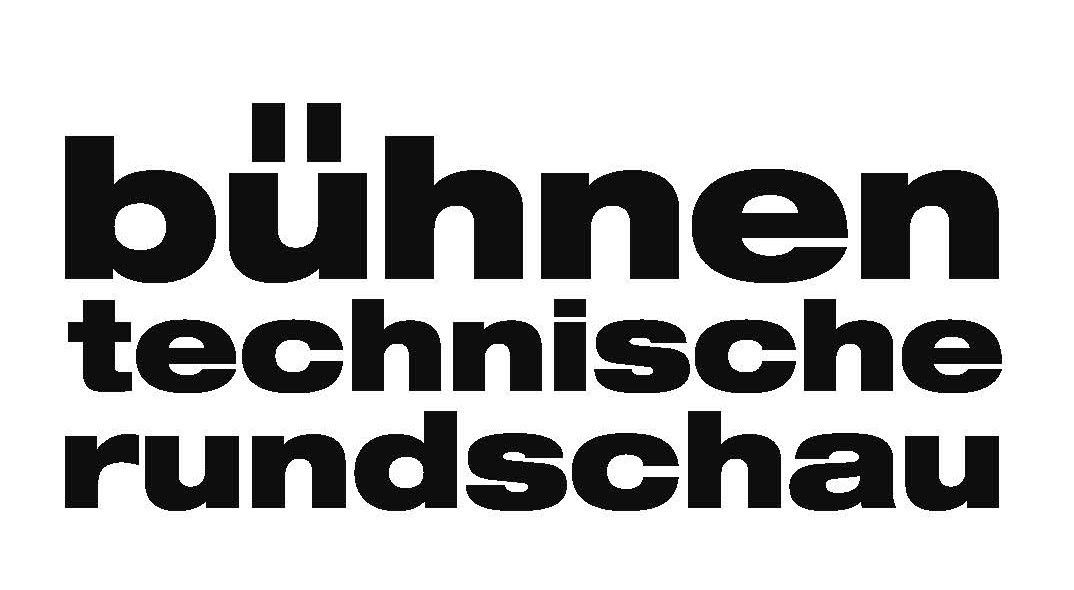More than just black and white – “Medea²”
In “Medea²”, the Theater Osnabrück and the Teatro Avenida Maputo take the Medea myth from its ancient beginnings into the modern age. Director Dominique Schnitzler staged the bloodthirsty drama with actors from both ensembles. In this production, a black Medea in Germany meets her mirror image – a white Medea in Mozambique. A wall in the middle both connects and separates them. And hides more behind it.
It is a game involving ambiguity and a dividing wall – a wall as wide as the stage, which separates and connects the players at the same time. They can see through it but they can’t always go through it. Made of glass, it is divided into window sections and marks a separation from another world – the foreign lands. Theater Osnabrück’s Emma Theater, otherwise an empty black stage area equipped only with red plastic chairs for seating, has been clearly and simply arranged into two worlds – Africa and Europe. Two musicians are sitting to the left, almost off-stage: a black African and a white European. They, too, embody the two continents which shape the action of the drama. Titled “Medea²”, the piece starts with a juxtaposition of each side’s three protagonists along the glass wall. Europe stares at Africa and vice versa; black Medea at white Medea; white Creusa at black Creusa and the two Jasons at each other. But in the end, we see the Medeas together and it makes no difference where they come from.
The co-production was supported by the Federal German Cultural Foundation’s Turn fund and the Goethe Institute’s international co-production fund. It’s not the first time that the Theater Osnabrück has worked on a project with an African country. In 2015, it created the piece “Oschi-deutsch” with theatre-makers in Namibia. Dealing with the story of East German children from Namibia, the production was a memorable success that staff still talk about fondly.
The Theater Osnabrück developed the current piece together with actors from the Teatro Avenida in Maputo, Mozambique, as well as its own ensemble, putting them together in an unusual constellation on the stage. From the raw material of the Medea myth, they honed a piece about patriarchy and xenophobia, explored through the lens of a range of literature, from Euripides to Grillparzer and contemporary Mozambique author Paulina Chiziane. These are presented on stage in a good hour of continent-spanning drama in German, Portuguese and English.
The director in Osnabrück, Jens Peters, and Manuela Soeiro of the Teatro Avenida agreed that the two ensembles learned a lot from each other. While Osnabrück exerted some pressure to ensure thorough organisation, everyone benefitted in the end from taking pen to paper and writing everything down. That wouldn’t normally have happened at rehearsals in Mozambique. “We, in turn, learnt to have more improvisational spirit and lightness,” says Peters. They will go on to perform “Medea²” together at the Teatro Avenida in Maputo from 19 August to 1 September.
Ersatztheater liegen im Trend, genau wie Holz als Baustoff. In Avignon treffen sich beide Faktoren in der Opéra Confluence, zu deutsch Zusammenfluss: Als Ersatz für die Oper im Zentrum, die zwei Jahre lang renoviert wird, steht vor den Toren der Stadt der wiederverwendbare Bau aus Holzträgern und Profilblechhülle, mit Inneneinrichtung aus zweiter Hand. Leicht, billig und mobil – statt...
Musik ist Kommunikation. Musik ist Lebensgefühl. Musik ist Rebellion – ob der Swing der 1920er-Jahre, die Beat-Ära, Punk, die Neue Deutsche Welle, Techno oder Hip-Hop. Die unterhaltsame Wanderausstellung „Oh jeah! Popmusik in Deutschland“ ist noch bis zum 16. September in Berlin zu sehen. Sie lädt ein in die bunte Welt der Populärmusik an Sound-Stationen, mit Radio- und Filmbeiträgen und...
„Das deutsche Theatersystem ist weiß, männlich, heterosexuell. Das ist schon ziemlich langweilig“, sagte die Regisseurin Pınar Karabulut vor zwei Jahren auf dem Festival radikal jung. Dennoch unterscheidet es sich vom Mainstream und war im April wieder ein Fest für die Sinne, auf dem rund 5500 Menschen diskutierten und feierten. Zum 14. Mal brachte das Münchner Volkstheater neuere...

